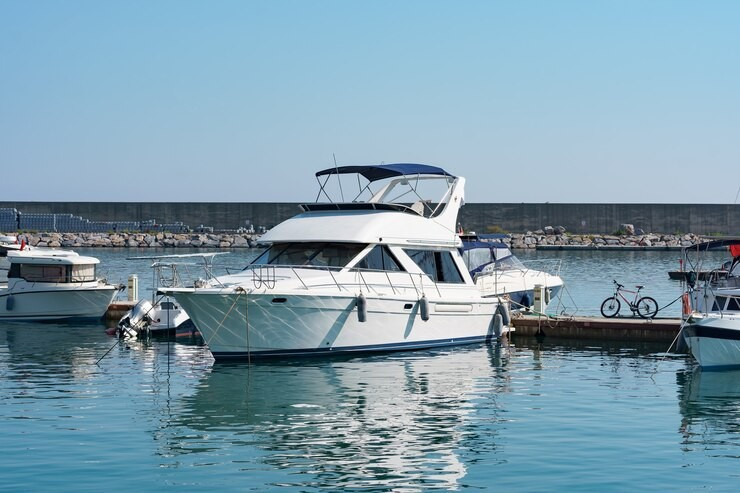views
A yacht is more than just a mode of travel—it’s a lifestyle, a long-term investment, and often, a floating home. For many, it's also a source of income through charters, especially in popular regions like the Bahamas. Choosing the right worldwide yacht insurance helps ensure that everything you value—your boat, your peace of mind, and your financial stability—stays protected across borders.
1. Understand What Worldwide Yacht Insurance Actually Covers
Before selecting a policy, it’s important to understand what’s included in worldwide yacht insurance. Unlike local coverage, this type of insurance is designed for vessels traveling through multiple international regions. It typically includes:
● Hull and machinery protection
● Liability coverage (Protection & Indemnity)
● Coverage for tenders and personal watercraft
● Emergency towing and salvage
● Medical expenses for crew and guests
This kind of policy also considers political and environmental risks depending on your cruising grounds. Your insurer should clearly define geographic limits and navigational warranties in your contract.
2. Consider Your Cruising and Chartering Plans
Where you sail—and how often—affects the coverage you’ll need. A yacht that only stays in one country needs very different protection from one that sails across oceans or hosts weekly charter guests in the Bahamas.
For those offering charter boat insurance in the Bahamas, specific clauses may be required to address:
● Guest liability during charters
● Crew coverage and workman's compensation
● Damage caused by charter clients
● Commercial operations compliance
These add-ons might seem complex at first, but they’re essential for protecting you legally and financially if an accident occurs during a charter.
3. Choose a Provider That Understands International Regulations
Laws and marine insurance rules vary widely between countries. A good insurer knows the specific insurance requirements for each port or jurisdiction you plan to visit. They should help you stay compliant with local authorities and assist with claims in foreign regions.
Look for providers that:
● Have experience handling claims worldwide
● Offer 24/7 emergency support
● Know regional registration and insurance laws
● Understand tax implications for charter operations
You don’t want to face confusion or fines at an unfamiliar port due to overlooked policy details.
4. Evaluate Policy Flexibility and Transparency
No two yachts—or yacht owners—are the same. You might be an occasional cruiser, a seasonal sailor, or a full-time liveaboard. The best worldwide yacht insurance adapts to your personal sailing habits, vessel type, and long-term plans.
Ask about:
● Custom deductibles and premium options
● Upgrade paths if your sailing range expands
● Exclusions or coverage gaps in specific regions
● How claims are handled during off-hours or remote anchorages
A transparent provider should explain these clearly without industry jargon.
5. Assess the Claims Process and Customer Service Quality
When an accident or damage happens at sea, quick and efficient claims handling becomes crucial. The stress of dealing with repairs, medical issues, or liability claims can be overwhelming without the right support. Before choosing a worldwide yacht insurance provider, ask about their claims process and customer service.
● How quickly do they respond to claims?
● Do they offer multilingual support for international clients?
● Is there a dedicated claims adjuster experienced in marine incidents?
● Can claims be filed online or through mobile apps for convenience?
A responsive insurer with strong customer service can make a difficult situation much easier to manage, giving you confidence that help is available whenever and wherever you need it.
End Note:
Choosing the right worldwide yacht insurance isn’t just a paperwork task. It’s about protecting your lifestyle, your business if you charter, and your peace of mind while cruising international waters. Whether you’re navigating quiet anchorages or running a charter boat in the Bahamas, a well-tailored policy makes all the difference. Take the time to review your real needs and work with an insurer that truly understands global boating.




Comments
0 comment